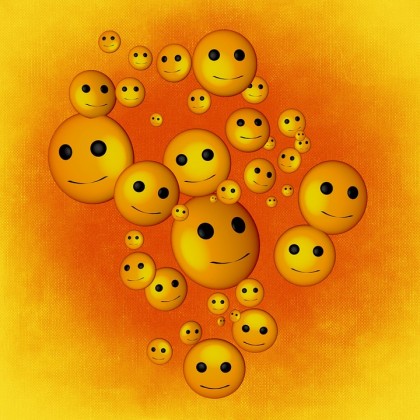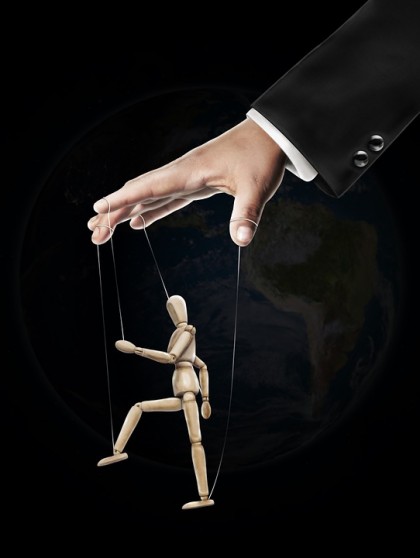Facebook’s Foray into Emotional Response
Devra Torres | Mar 22, 2016
Like! Love! Wow! Haha! Sad! Angry! Facebook has upped its prefab responses to six. And the more options the better, right?
A few weeks into the new dispensation, I suspect that most people, like me, are finding they didn't really need the job of selecting the perfect option: it interferes with the speed of mindless scrolling. But still: no more choosing between either liking the unlikeable or having to write an actual word or phrase to explain ourselves. And better to click on the sad face in response to, say, a death in the family than to ignore it altogether--or is it? Far more efficient, anyway, than "liking" the death and then clarifying in the comments what you really meant.

Like all attempts to label, quantify, reduce, and manipulate personal responses, though, this one opens up pitfalls--of a sort all too familiar to any social media aficionado. The more our responses are instantly pigeonholed, the less room remains for genuine human interaction.
An example? My friend who had five babies before the reign of Facebook and one afterwards noticed an unsettling difference. Plenty of people "liked" the pictures of her newborn, and quite a few even took a second to type "Congrats!" or "Blessings!" but fewer than ever before actually stopped in to meet her little boy.
Of course Facebook interactions don't have to be fake. Still, we all know the letdown of running into someone who comments continually, lavishly bestowing exclamation marks on their communications with you, but never seems to have anything to say, or any genuine happiness to see you, in person. (Or sometimes it's not indifference but awkwardness: the problem with lots of writers is not that we're phonies, we're just tongue-tied introverts.)
Those are pitfalls that can pop up even among people who actually know each other. At the corporate level, it's more disquieting: somebody, you may be sure, is piecing together a portrait of you according to what makes you happy, excited, sad, angry, or go haha. Facebook insists it's not manipulating us on the basis of our selection of prefab emotions--or not yet. But then, they only belatedly admitted that they were toying with our mental health by manipulating newsfeeds to provoke depression and frustration a few years ago.

The new emojis push us all in a certain simplistic direction. We all, left and right, don't like to be labeled. We all crave authenticity; we've all had it with fakery. Maybe that's what Americans are trying to express this election year with their lukewarm reception of the Democrats' frontrunner and their embrace of the Republican one. We don't want canned talking points; we don't want candidates who say whatever they think we want to hear. We don't want to be manipulated.
At first glance, it looks like the new dispensation gives us more freedom to choose a response that's more personalized, more adequate to the reality. But I think it's just the opposite: the endless varieties of real human responses are being crammed into one of six little compartments, each reduced to a generic little caricature.
What do you think? Do you use the new choices? Are they worth the trouble? What about people who already invested too much self-worth in the number of likes they could generate, and now feel inadequate because each one betrays a choice not to pick "love" instead? Do you think greater variety is a step in the right direction? Or just the opposite?
